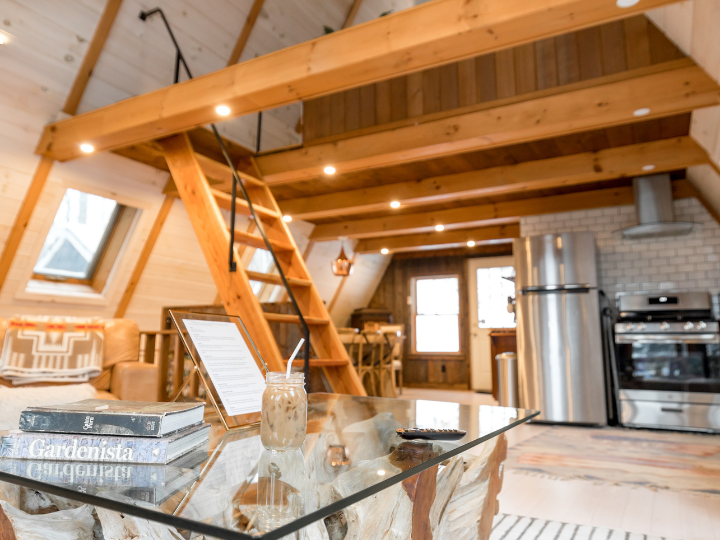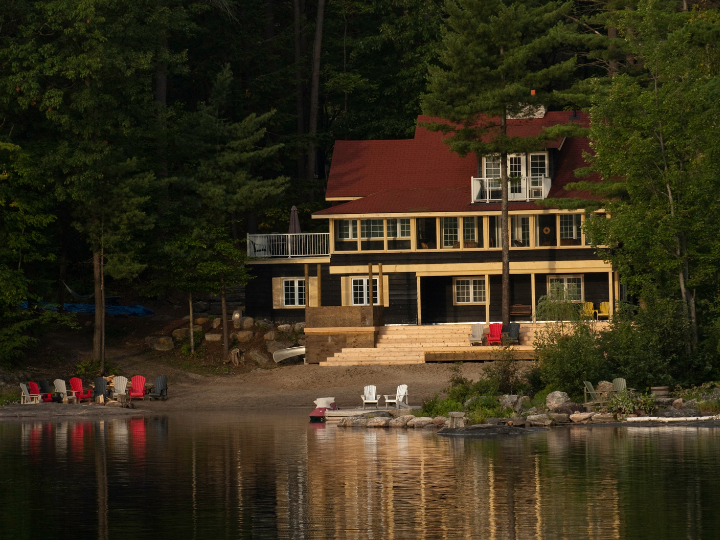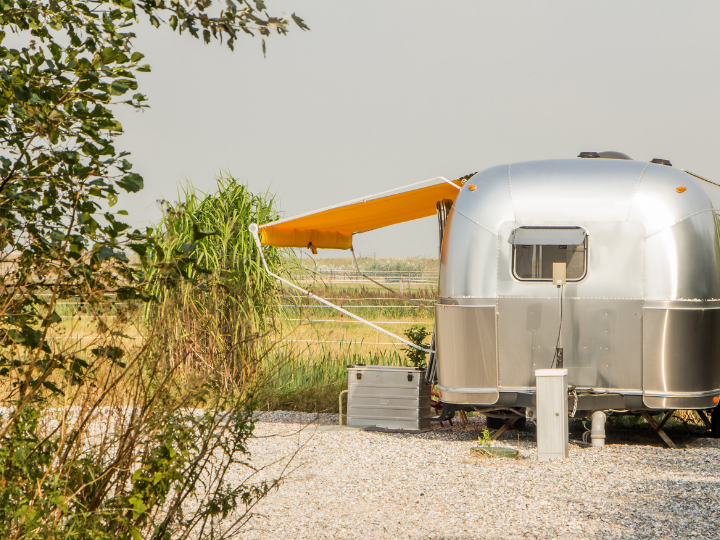Short term rentals have become a popular way for homeowners to generate income. Whether you’re renting out a downtown condo, a basement suite, or a family cottage, platforms like Airbnb and VRBO have made it easier than ever to get started. But many hosts are unaware that their standard home insurance likely won’t cover the unique risks associated with short-term rentals.
Hosting guests introduces a higher level of exposure – from accidental property damage to liability issues – especially with frequent guest turnover. That’s why insurers treat these properties differently, and why your broker will ask specific questions to ensure you’re covered correctly.
How You Use the Property Matters
One of the first things your broker will ask is how often you plan to rent the property and how it’s used throughout the year. Occasional rentals for long weekends or summer holidays can sometimes be added to an existing home insurance policy with an endorsement. But if you’re listing the property regularly or year-round, you’ll likely need a dedicated short-term rental insurance policy.
Your broker will also want to know whether this is your primary home, a seasonal cottage, or a second property used strictly for rental income. If it’s a vacation home, they’ll ask how often it’s occupied, how it’s maintained in the off-season, and what features it has – like hot tubs, fireplaces, docks, or boats – that could affect risk.
In addition to that, how you rent matters. Are guests staying in the entire property or just a portion of it? Are you living on-site while hosting? The level of guest access and interaction will help your broker determine the type of coverage that fits your setup.
Who’s Involved and How It’s Managed
Your broker will also explore who manages the rental. If you’re using a property management company or outside cleaners, that adds a layer of third-party involvement that could introduce liability issues. On the other hand, if you’re self-managing, your broker may ask how you screen guests, handle emergencies, and enforce house rules.
Security also plays a role in risk assessment. You may be asked about keyless entry systems, security cameras (on the exterior), or whether you use noise monitoring or guest tracking tools. The better your security measures, the more comfortable insurers may be offering coverage.
Finally, your broker may ask whether guests are required to agree to terms and conditions through the platform or through your own rental agreement. While Airbnb and VRBO offer limited host protection, it’s not the same as having a proper insurance policy and it doesn’t replace the need for commercial or short-term rental coverage.
Coverage, Contents, and Your Long-Term Plans
Your broker will want to understand the value of the property, any recent upgrades, and the total value of the contents inside. Rental properties are often furnished with high-use items like appliances, electronics, and furniture, and those should be accounted for in your policy. If you’ve added guest-attracting amenities like high-end TVs, fire pits, or hot tubs, those also need to be considered for coverage.
They may also ask about your future plans. Is this a one-time experiment or a long-term income stream? Do you plan to live in the property part of the year? Your intentions will help guide how your insurance is structured, and ensure that as your hosting evolves, your policy does too.
Protect Your Property Before Guests Arrive
Short-term rental insurance isn’t one-size-fits-all, and it definitely isn’t covered by a standard home policy. Being open with your broker about how you use the property, how it’s managed, and how often it’s rented will help them tailor coverage that actually protects you.
If you’re planning to list your property – or if you’re already hosting – there’s no better time to check in on your coverage. A short conversation now can prevent major issues later.
_
Thinking of listing your property on Airbnb or VRBO? Talk to us today about custom short-term rental insurance tailored to your needs.










